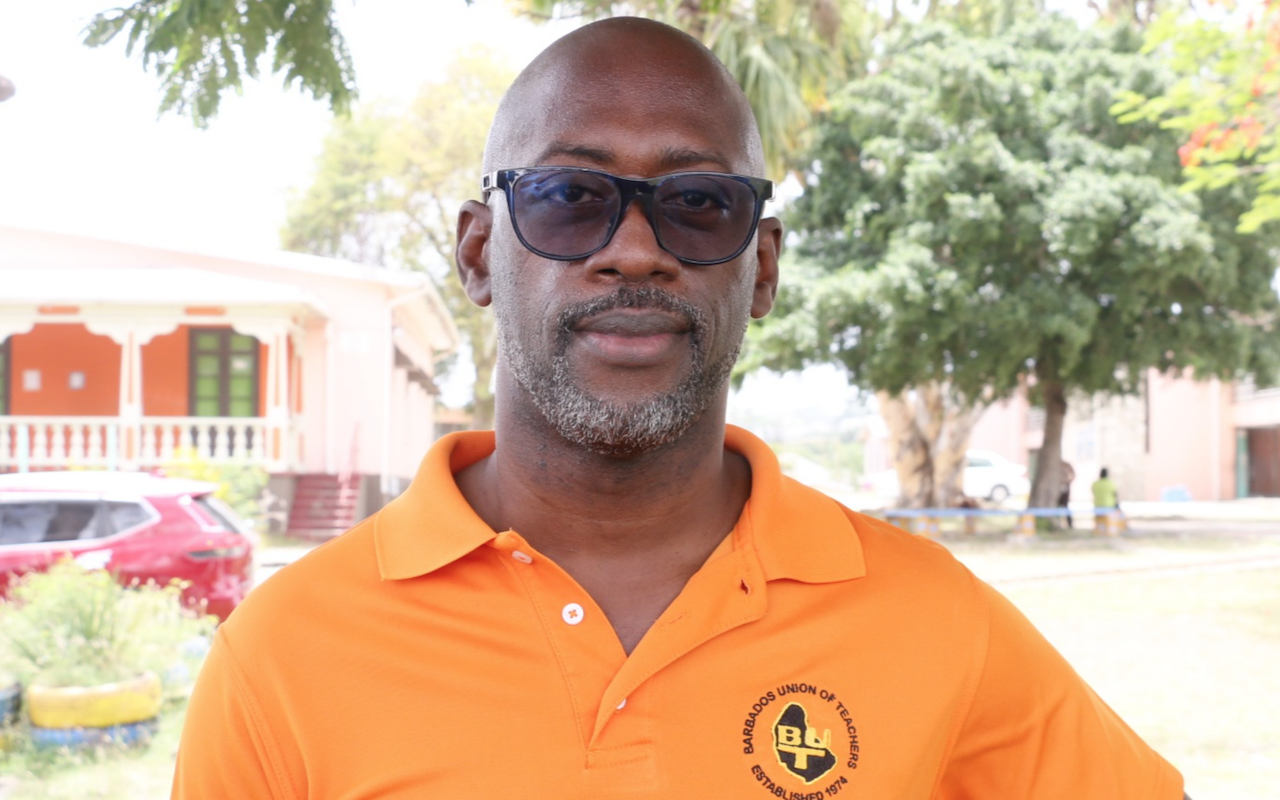Authorities are being pressed to explain why school meals have been delivered late since the start of the term, leaving thousands of primary school students waiting long periods for lunch.
The Barbados Union of Teachers (BUT) and the Association of Public Primary School Principals (APPSP) confirmed to Barbados TODAY in separate interviews that from the beginning of the Michaelmas term, the School Meals Department has habitually delivered lunch behind schedule.
“We want to know what is the problem. Some schools have reported receiving lunch after 12, some after 1 p.m. and some as late as minutes to 2 p.m,” BUT president Rudy Lovell lamented.
“Having rolled out a new Summer Nutrition Programme [last summer], we would have expected the Ministry [of Education] and the School Meals Department to have everything in place to facilitate the delivery of lunch to our children. So we are seeking answers from the Ministry of Education and the School Meals Department as to why lunch is being delivered so late.”
He reported that students at the St Bartholomew Primary School and Christ Church Girls received lunch late on Tuesday, with the latter getting their meals after 1:30 p.m.
“We had concerns last week, the week before and the week before that,” Lovell said, noting that he had raised the matter with the Ministry of Education.
“It is a big issue because the absence of school meals impacts the teaching and learning process. As a matter of fact, when school meals are delivered late, teachers don’t eat their lunch because they don’t want to be necessarily eating when the children don’t have access to their lunch.
“You can imagine a teacher sitting down in front of a child eating and the child hungry? So teachers suffer the same fate as the children even though they are not waiting on school meals,” the union boss explained.
He said he had spoken “to someone in the Ministry about school meals and I believe the Ministry had a meeting but I am not satisfied”.
“Until the lunch is arriving on time, we will never be satisfied,” he declared.
APPSP president Ivan Clarke said he had also received reports of children at some schools getting their lunch much later than midday.
On Tuesday, it arrived around 1 p.m. at the Hilda Skeene Primary School which he heads.
“I don’t know what the problem is; it wasn’t relayed to us what the issues are. I would have liked at least for someone to give us a heads up on what is happening,” Clarke said, adding that the school bus has also been tardy on evenings, arriving at 5 p.m. at his school in one instance.
Chief Education Officer Dr Ramona Archer-Bradshaw, who is now on duty leave, promised to investigate the matter of the late arrival of school meals and get back to Barbados TODAY. However, subsequent efforts to contact her were futile.
When contacted on Thursday, Acting Chief Education Officer Joy Adamson said she was unable to comment on the matter.
Several efforts to reach Acting Manager of the School Meals Department Dawn Browne were also unsuccessful.
Meanwhile, Registered nutritionist Christina Hall said children eating as late as 2 p.m. was concerning as the four-hour gap between break time and lunch could cause children discomfort, make them lethargic and affect their ability to concentrate in class.
Browne said children were accustomed to a standard lunch time and, unlike adults, they would not be able to cope with hunger pains easily.
Children’s advocate Faith Marshall-Harris, who also sits on the United Nations Committee on the Rights of the Child, said she was concerned about the current situation and hoped the authorities looked into the matter as children “should have school meals promptly”.
Lovell told Barbados TODAY he wanted to see parents press the relevant officials on this matter, just as they had on the issue of the controversial Inter-American Development Bank (IDB) survey that was recently administered to first-formers in five of the island’s secondary schools.
“I applaud the parents who are agitating for the rights of their children in regards to the pretest/survey but I want to see the same vigour being given to the [issue of the] late delivery of school meals and health and safety concerns in schools,” the BUT president said.
“Parents are the most powerful stakeholders in the education sector and I will encourage them to use their power to agitate for improvement of health and safety in schools and infrastructural development.”
sheriabrathwaite@barbadostoday.bb




